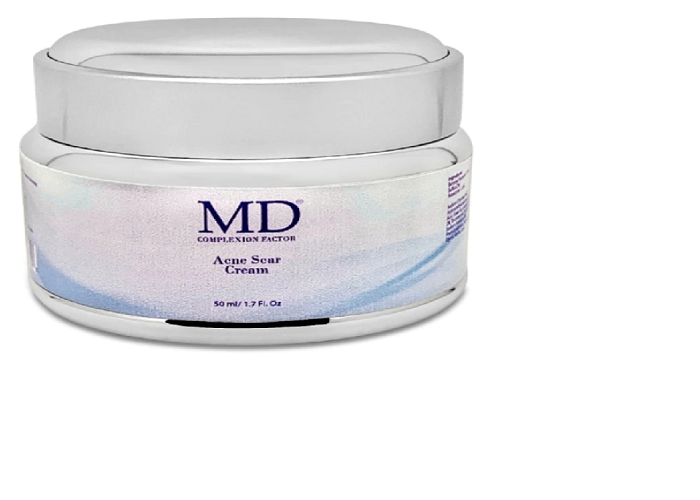It may take numerous dermatologist visits over years to get the best acne therapy for your skin. And the majority of us will still suffer with the occasional breakout no matter how much time and money we invest in our skin care routine. Because everyone has unique skin types, skin tones, lifestyles, and genetic histories, there is no single piece of universal advice.
There are better options than trying multiple treatments at once in the hopes of finding one that works for you and reduces acne faster. It’s unlikely that using a lot of cosmetics on your face would give you the clear complexion you want; in fact, it can even make your skin worse than before. Consider gradually incorporating new skincare products into your regimen.
Are you ready for the best possible feeling and appearance for your skin? Following is a list of the top acne remedies and skin care regimens suggested by professional dermatologists. Even though everyone’s skin is different, at least one of these recommendations will surely aid you in reducing inflammation and hastening the healing of acne.
Regularly Cleanse Your Face
Cleaning and treating your skin twice a day is the simplest method to get rid of acne and stop new outbreaks. Make care to gently wash your face with warm water before patting it dry. When you’re too worn out to wash your face, keep some face wipes in the drawer of your nightstand. So even if you arrive home late and don’t feel like walking to the sink, you can still go to bed with clean skin! Use skin care products like moisturizer after cleansing if you have oily skin to maintain it soft and supple.
Utilize A Mild Cleanser
For people with acne, a gentle cleanser is preferable. MD acne treatments are typically gentler than harsh ones and do not remove the protective natural oils from your skin. Instead, these items clean up debris and extra sebum while balancing oil production.
For a cleanser to be as effective as possible, you must take your skin’s needs into account while selecting the ingredients. If your skin is prone to oiliness, look for products with salicylic acid, benzoyl peroxide, or glycolic acid. For sensitive skin, look for gentle cleansers containing lactic acid or hydrating ingredients like glycerin because they are less drying than those made for oilier types.
Don’t Over Exfoliate Your Skin
Exfoliating helps clear pores and eliminate dead skin cells. By exfoliating once or twice each week, dead skin cells may be removed and clogged pores can be avoided. If you have sensitive skin, you might want to try something different from the typical sugar, salt, or oatmeal scrubs.
Daily use of abrasive cleansers and exfoliating creams may be harmful, and overusing them can cause irritation, inflammation, and redness. By removing healthy skin cells from a pimple, exfoliation might leave an open lesion and raise the risk of scarring. To get the greatest skin exfoliation choices, look into MD acne products.
Don’t Skip to Moisturize
Concerned that moisturizer will make your pimples worse? It’s unreliable! It actually has the power to improve your skin and treat acne. When the skin’s surface is dry, the oil glands have a tendency to overproduce oil, which can make acne worse. Hydrating the skin’s top layer promotes healing, regulates oil production, and controls acne. Following a skin type evaluation, choose skin care products.
Don’t Wear Makeup When you are Working Out.
Give yourself an extra five minutes to fully wash your face and remove your makeup before stepping onto the treadmill to lessen the likelihood of breakouts. Clogged pores result from the barrier created when cosmetics block those pores, which prevents sweat from reaching the skin’s surface. The entrapped dirt and germs provide the ideal environment for acne pimples and zits to grow.
Limit your dairy intake because it may include hormones and antibiotics that exacerbate acne outbreaks. Quinoa, eggs, almonds, and legumes are superfoods that are beneficial for the skin.
Always go the extra step forward!
Drink A Lot Of Water
Staying hydrated is as simple as drinking enough water. Inflammation brought on by dehydration can result in acne. It is advised to drink eight glasses of water each day.
Eat Wholesome Foods
Consuming wholesome foods can assist to lessen acne. Consuming a lot of fruits and vegetables might improve your skin’s appearance. Vitamin C, which is abundant in fruits and vegetables and helps increase collagen levels, is what keeps your skin supple and firm. Leafy greens and other foods with vivid hues that are rich in antioxidants and nutrients decrease inflammation and improve the condition of the skin.
Do Not Touch Your Face frequently
Wash your hands thoroughly under running water. Bacteria can spread to your skin very fast when you touch your face.
Wrapping Up:
The process of improvement needs patience. Usually, it takes at least a month of treatment to start seeing effects. If you’re looking for the best skin care product for aging skin or to treat acne, there are many solutions available in MD. MD acne medications are designed to work with all skin types and have no negative side effects. Visit their website to learn more about their various products

